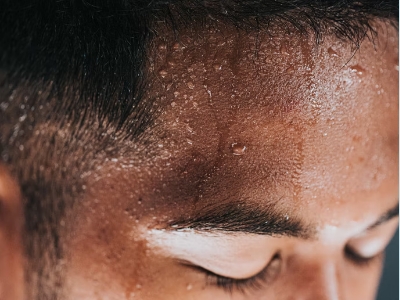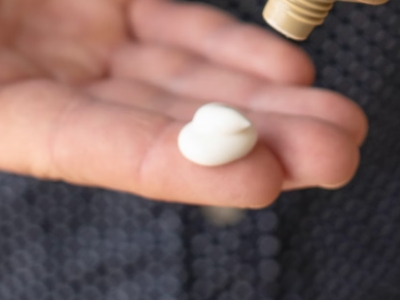Ringworm

Ringworm is a common skin infection defined as a circular rash that is usually red and itchy. This infection goes by many names. The medical terms are tinea or dermatophytosis. Other names for ringworm are based on its location on the body.
You can catch it in any of the following ways:
- From another person which the infection often spreads by skin-to-skin contact.
- The fungus that causes ringworm can linger on surfaces, clothes, towels, and in combs and brushes.
- If you’re working or standing barefoot in soil that’s infected with the fungus that causes ringworm, you can get it, too.
What Are The Symptoms Of Ringworm?
- Patches that resemble a ring with deeper color on the outside
- Patches with edges that are defined and raised
- Overlapping rings
- A round, flat patch of itchy skin
- Patches that develop blisters or pustules
- Itchiness

Ringworm Risk Factors
- Sweat excessively
- Have a weakened immune system
- Wear tight shoes or clothes that chafe your skin
- Have diabetes
- Use public showers or locker rooms
- Come in close contact with animals
- Live in a warm, humid environment or climate
- Participate in contact sports, like wrestling or football
How to Diagnose Ringworm?
Your doctor will diagnose ringworm by checking your skin. Depending on the type of fungus, it may sometimes fluoresce or glow under black light. Your doctor may confirm a diagnosis of ringworm by requesting certain tests:
- If you’re getting a skin biopsy or fungal culture, your doctor will take a sample of your skin or discharge from a blister and send it to a lab to test for the presence of fungus.
- If you’re getting a KOH exam, your doctor will scrape off a small area of affected skin onto a slide and place drops of a liquid called potassium hydroxide on it. The KOH breaks apart typical skin cells, making the fungal elements easier to see under a microscope.
Ringworm Treatment and Medication
Your doctor may recommend both lifestyle changes and medications to treat ringworm. Your doctor may recommend that you care for the infection at home by:
- Drying your skin thoroughly after bathing
- Washing bedding and clothing daily to help disinfect your surroundings
- Wearing loose clothing in affected areas
- Treating all affected areas

Medications you can use for ringworm:
Some severe cases may be treated with oral medications. Before using any medications, it is important to consult your doctor first and get the appropriate diagnosis and treatment.



